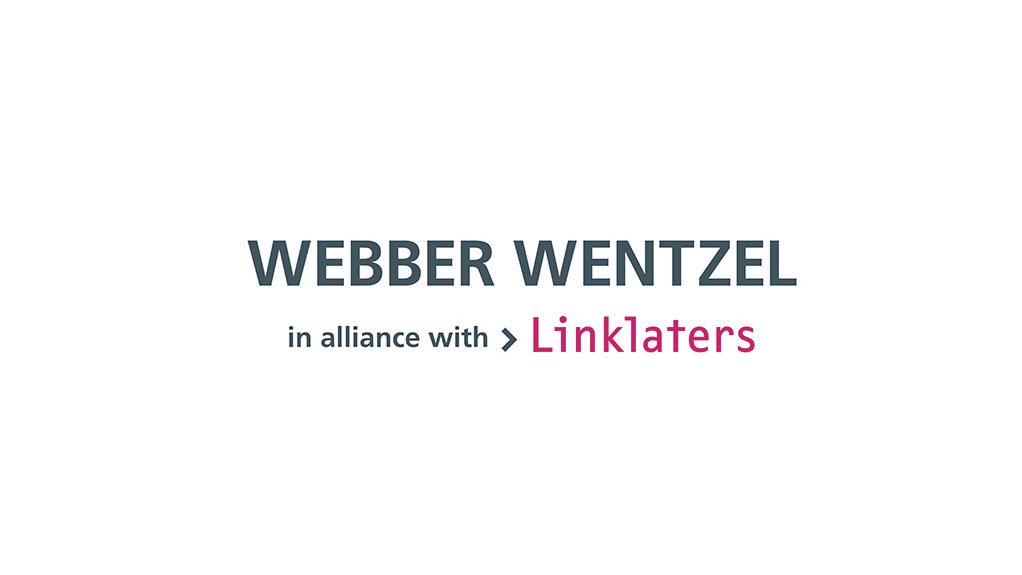The proposed amendments to the rectification application process are intended to tighten the risk associated with these applications and deter abuse. These changes will take effect when NEMLA IV becomes law – this will take place on a date to be proclaimed by the President.
The recent enactment of the National Environmental Management Amendment Act IV (NEMLA IV) will introduce changes to the rectification process detailed in section 24G of the National Environmental Management Act (NEMA) and section 22A of the Air Quality Act.
The rectification provisions of NEMA have a sordid history. They have been abused by certain developers in the past, even though such applications are risky, given that they are the subject of an administrative fine and do not limit the risk to the contraveners of being prosecuted for the underlying criminal offence.
Section 24G gives contraveners of NEMA and the Waste Act the opportunity to apply for after-the-fact rectification of the unlawful commencement or continuation of listed activities under NEMA and the Waste Act.
The legislature amended section 24G in 2008 and 2013 respectively to tighten the risk associated with these applications and deter the abuse of these provisions. The most recent proposed changes to section 24G by NEMLA IV follow the same trend.
In terms of NEMLA IV, it is proposed that the applicable competent authority must – as opposed to may – direct the contravener to immediately cease its unlawful activities, pending a decision on the rectification application, except if there are reasonable grounds to believe that the cessation will result in serious harm to the environment. This small change in wording may appear insignificant, but the stoppage of a contravener's operations may have an enormous, if not disastrous, financial effect on its business. When multi-million-rand projects are at stake, the stoppage of operations (either in construction or operation), could cause costs to skyrocket. Developers would be wise to conduct proper due diligences to check what authorisations are required for a project and then ensure that the applications that they submit are robust and cover all listed activities required.
NEMLA IV will also require contraveners to undertake appropriate public participation to bring their unlawful conduct to the attention of interested and affected parties and give them a reasonable opportunity to comment on the application. These proposed amendments are in line with the legislature's intention to tighten the rectification process.
NEMLA IV will extend the scope of section 24G rectification applications. "Successors in title" and "persons in control" of land on which a listed activity under NEMA or the Waste Act has been unlawfully commenced will be permitted to submit a rectification application. Currently, only the guilty person who carried out the unlawful activity without the required environmental authorisation or waste management licence can apply. The proposed changes will empower successors in title, such as the purchaser of a business, to clean up any historic irregularities that it may have inherited from the previous owner.
Unfortunately, this imminent amendment does not incentivize innocent successors in title to clean up someone else's unlawful conduct. Innocent successors will remain vulnerable to having operations shut down while the rectification application is being processed (which seems unfair) and to paying administrative fines. It is unfortunate that exemptions were not included in NEMLA IV for successors, to encourage clean-up operations.
The maximum administrative fine will also be increased from ZAR 5-million to ZAR 10-million.
NEMLA IV proposes to overhaul section 22A of the Air Quality Act in the same way as described above, for listed activities under the Air Quality Act. Notably, however, it has not extended the scope of section 22A applications to include "successors in title" and "persons in control" of land.
The largely welcome changes to be introduced by NEMLA IV to NEMA section 24G, and the Air Quality Act section 22A, are a continuation of the legislature's attempt to tighten the rectification process to combat abuse.
Written by Garyn Rapson Partner & Carma Rossouw, Candidate Attorney from Webber Wentzel
EMAIL THIS ARTICLE SAVE THIS ARTICLE ARTICLE ENQUIRY
To subscribe email subscriptions@creamermedia.co.za or click here
To advertise email advertising@creamermedia.co.za or click here











